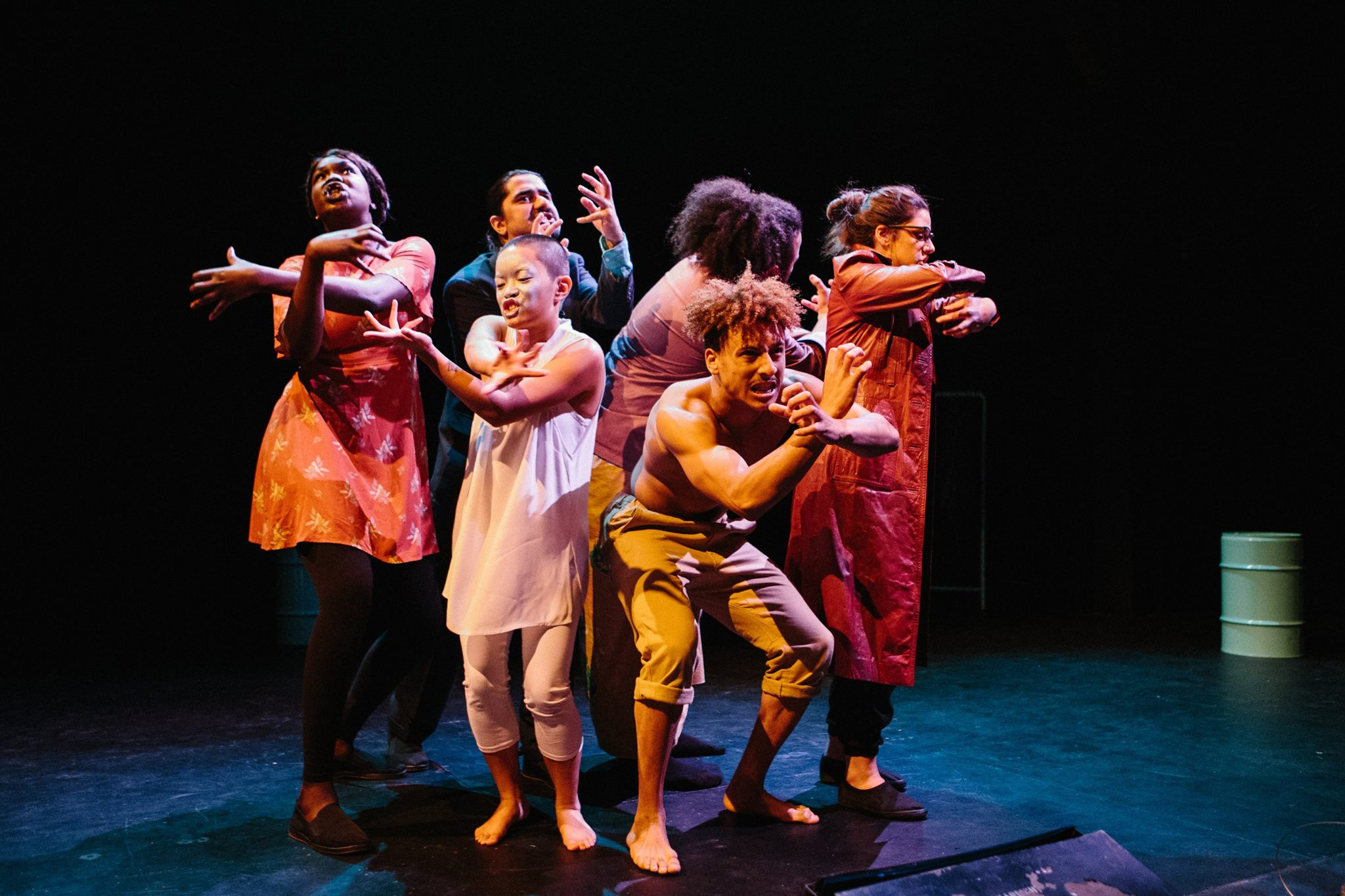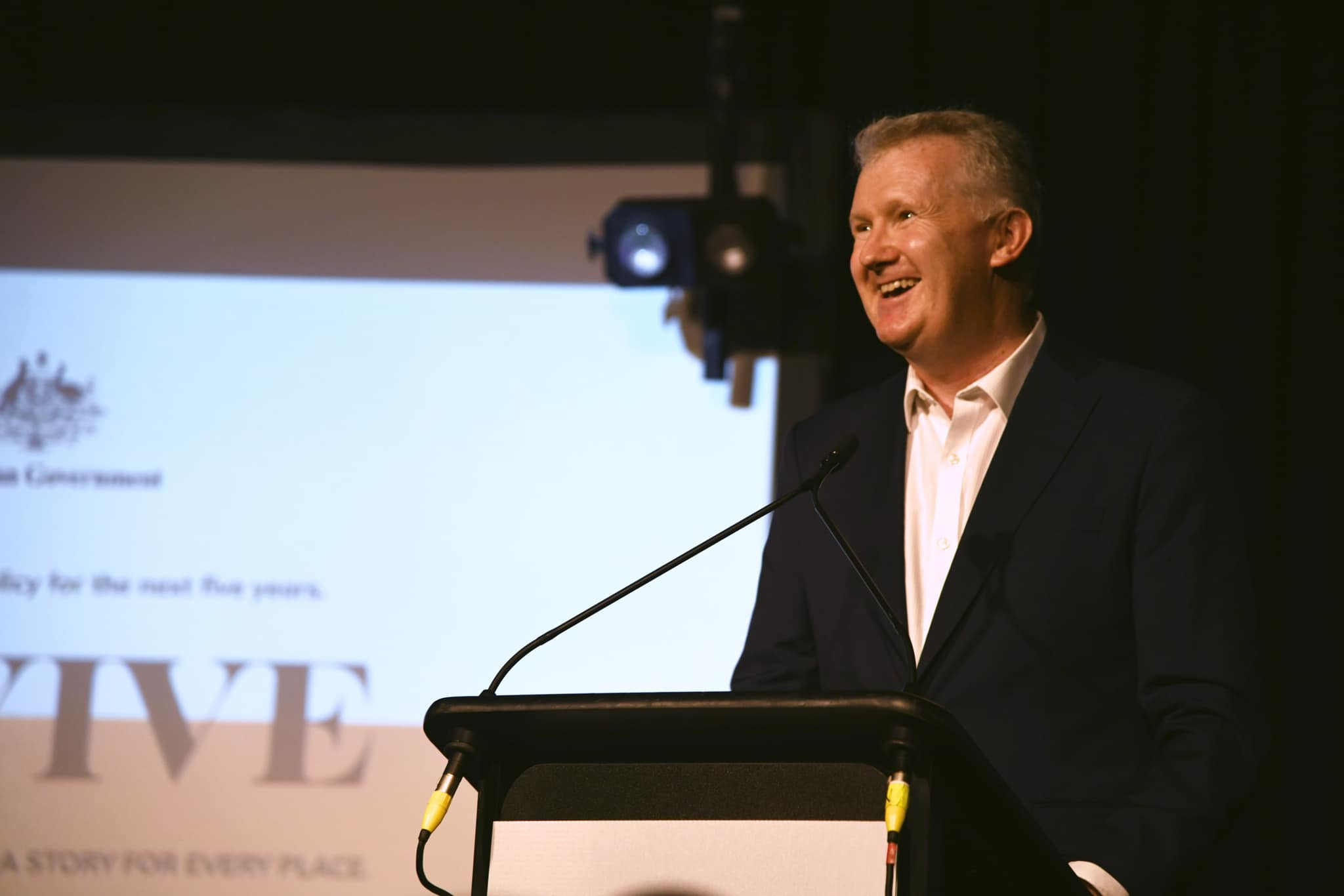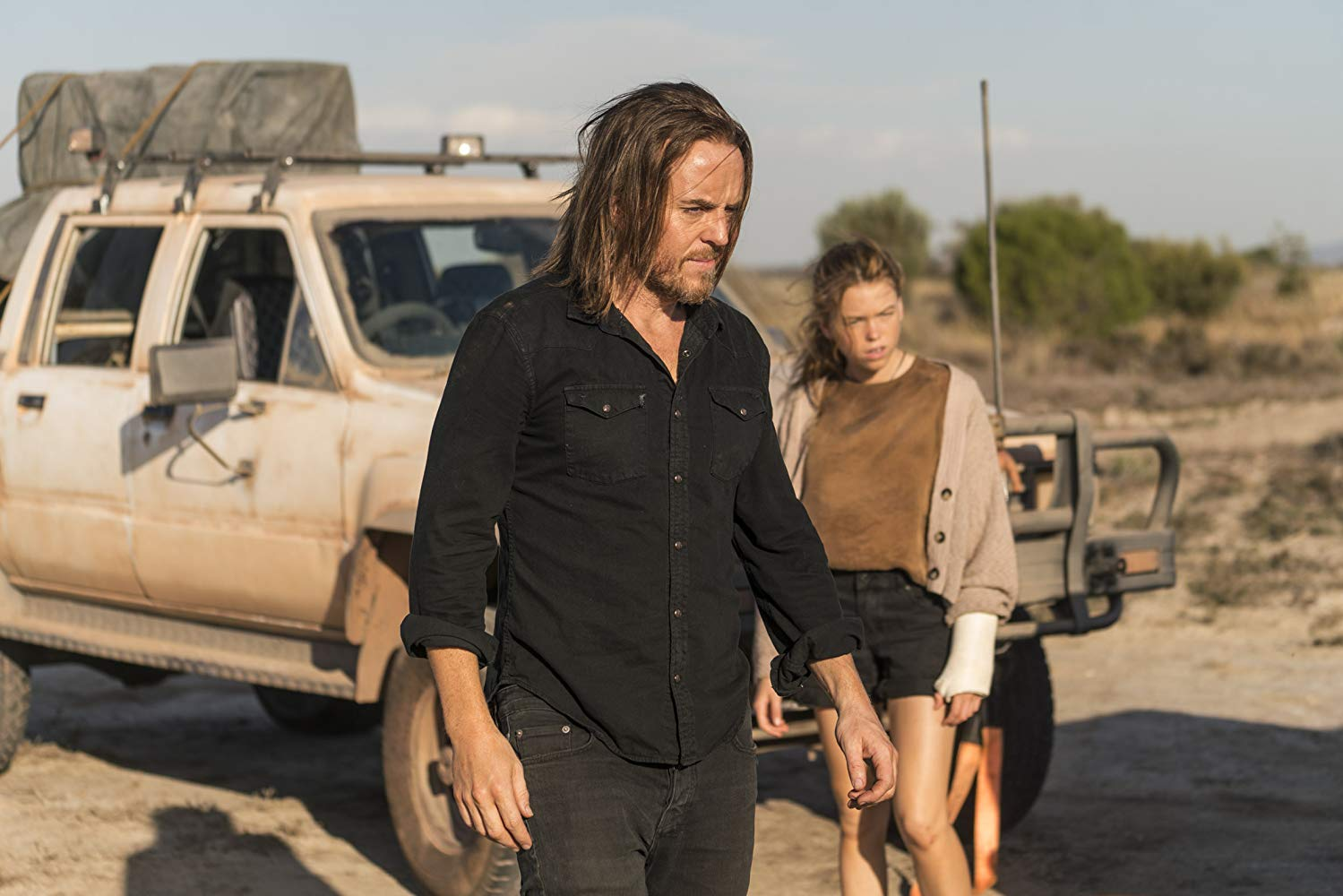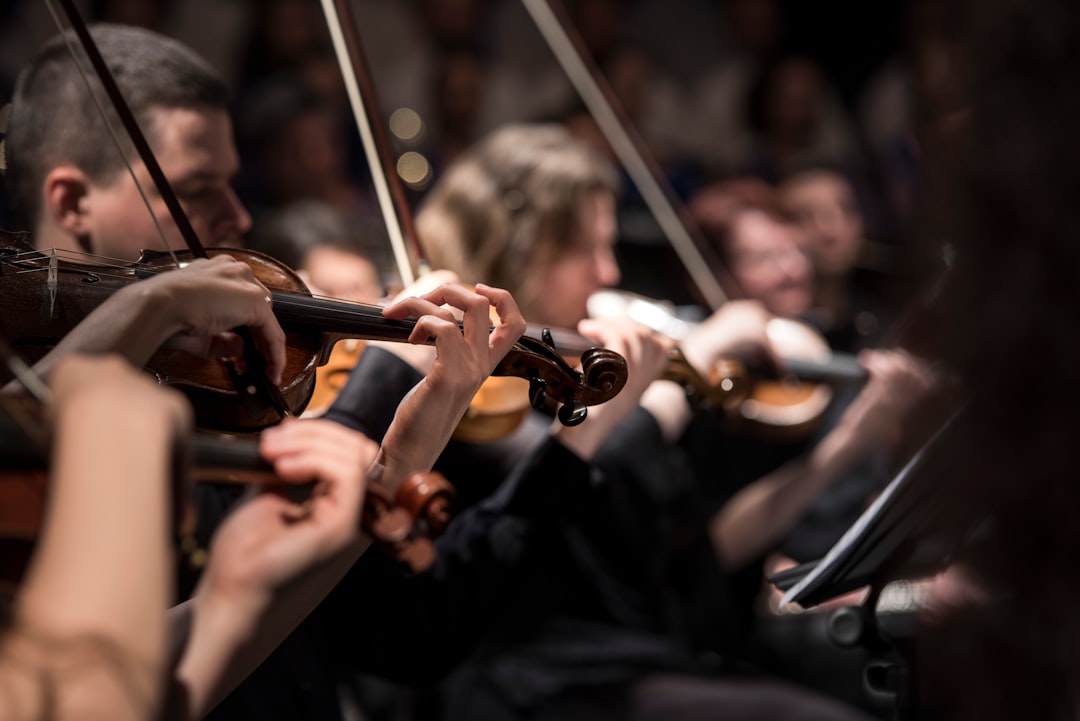The Albanese government's landmark National Cultural Policy, named Revive, will be scrutinised in a parliamentary inquiry following a push from the Greens to ensure the policy is "the best it can be".
The policy intends to revitalise Australia's neglected arts and entertainment industries and will see $286 million invested into the sector over the next four years.
Full details about how the funds will be spent are expected to be revealed in the May budget.
In consultation with the arts community, the inquiry will examine Revive for policy gaps. Recommendations to improve the policy will also be made.

Revive is intended to revitalise Australia's creative industries after a decade of neglect.
Greens spokesperson for the arts, Sarah Hanson-Young, said the National Cultural Policy is a "once-in-a-generation opportunity" that the government cannot afford to get wrong.
“After a decade of neglect, a National Cultural Policy was very welcome,” she said.
“But we must make sure the policy is as strong as it can be, with adequate funding behind it.
“A senate inquiry will provide an opportunity to examine the policy in detail ahead of the May budget.”
Revive at a glance
Minister for the Arts, Tony Burke, said the National Cultural Policy provides a roadmap to renew and revive Australia's creative industries.
“Under Revive, there will be a place for every story and a story for every place,” he said.
“As the sector recovers from years of neglect followed by the tough pandemic period, Revive will set the arts sector on a new trajectory with fresh momentum.”

Minister for the Arts, Tony Burke, at the launch of Revive last month.
The centrepiece of the National Cultural Policy is the establishment of a new arts investment and advisory body, Creative Australia.
The move is intended to restore funding to, and expand the function of, the Australian Council for the Arts.
Within Creative Australia, four additional bodies will be created:
A First Nations-led board, to support and make investment decisions for First Nations work, commencing 2024.
Music Australia, intended to invest in the creation of original music and grow the market for contemporary Australian music.
Writers Australia, to support and invest in Australia's literature sector from 2025. A national Poet Laureate will also be established to promote poetry and mentor young poets.
A Centre for Arts and Entertainment Workplaces, to provide advice on fair pay, safety and welfare in the arts sector. The body will address bullying and sexual harassment in the industry and establish workplace safety standards.

From July 2024, streaming services will be subject to Australian content quotas.
Revive also includes quotas for Australian content on streaming services, increased funding for regional art, and an expansion of the Digital Rights Scheme to include e-books and audiobooks.
What's missing?
While Revive has been largely welcomed by the arts and entertainment sector as a step in the right direction, concerns have been raised about what hasn't been included in the policy.
Artists were particularly surprised that Revive will not guarantee a minimum wage, despite strong advocacy from the industry and indications from Arts Minister, Tony Burke, that he supported the move.

Revive will establish a new First Nations-led body to give First Nations people autonomy over their work.
Evelyn Richardson, chief executive of Live Performance Australia, the nation’s peak body for live arts, said a greater focus on training is also needed to ensure the success of Revive.
“Achieving and sustaining the ambition of the policy will require a larger, skilled industry workforce which has been profoundly impacted by the pandemic," she said.
“This will require a whole of government focus, including through vocational education and industry training programs and a review of migration settings so that we can attract and retain talent from around the world.”
While Revive will introduce quotas for Australian content on streaming services, percentages are yet to be finalised. It is also unclear if these quotas will apply to children's content.

The creation of Music Australia is expected to grow the market for contemporary Australian music.
The Greens have joined much of the screen sector in calling for children's television quotas to be included and for quotas to be set at 20 per cent.
“The quotas should be fixed at 20 per cent of earnings, with a sub-quota for 20 per cent for children’s television,” Hanson-Young said.
“It is vital that all Australians see themselves and their communities reflected on their screens, but it is especially so for children.”
Screen Producers Australia (SPA) have long advocated for content obligations of 20 per cent for streaming platforms, a move it says will bring Australia in line with regulations in many other countries.
But SPA's chief executive, Matt Deaner, said there is more "critical detail" to be negotiated between the industry and the government.
"This includes what is counted as Australian content," he said.
"Getting this right is no simple matter. There's a world of difference between Pirates of the Caribbean and The Drover's Wife, both of which were supported by Australian taxpayers."

Revive has been welcomed by the arts sector as a step in the right direction, but many say there are still several details that need to be worked out to ensure the success of the policy. (Photo: Larisa Birta / Unsplash)
While funding allocations for the National Gallery of Australia and the National Library of Australia are expected in the May budget, the future of Trove, the National Library's online archive is less certain.
At present, funding for Trove is due to run out in July.
Speaking in parliament on Monday, Independent Dr Monique Ryan, urged the government to provide the National Library with the funding required to maintain the archive.
“The defunding of Trove will lead to vastly diminished public access to nationally significant collections,” she said.
“It will also remove access to records that are significant because of the history that they preserve and the memories that they protect.”
Greens senator, Sarah Hanson-Young, has indicated these concerns and others will be examined during the inquiry.
If you’d like to be part of the consultation process and make a submission to the inquiry, you can do so here.
Submissions close March 9.
Before you move on, why not give our Facebook page a like here. Or give our Twitter account a follow to keep up with our work here.
